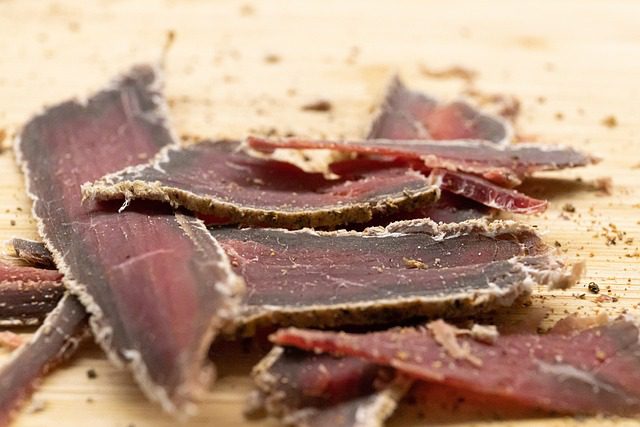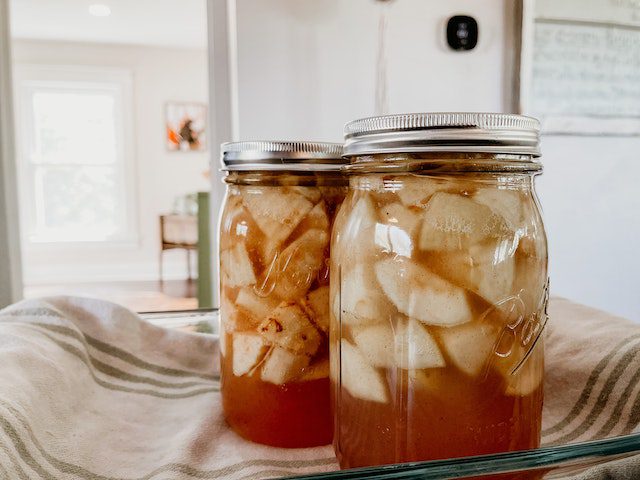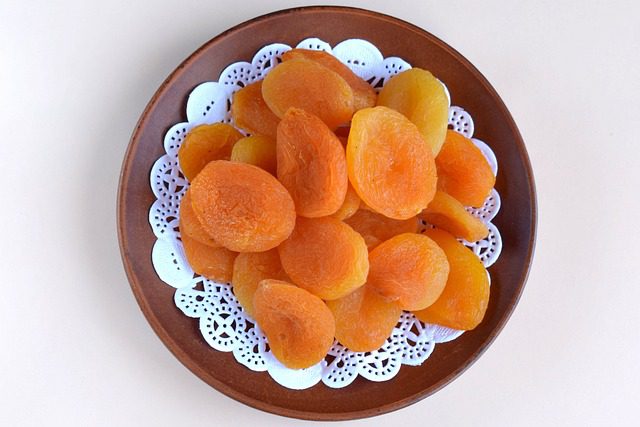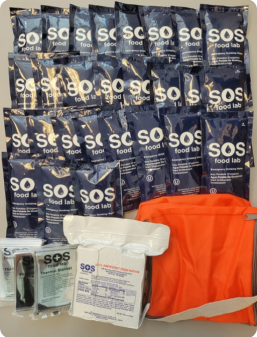Looking for a way to cut food costs? An old preservation trick allows you to save more of the foods you cook or want to cook at a later time. Canning and dehydrating foods is a way people are preserving foods for longer. Taking control of what you ingest can make your overall health better and make certain cancers a lower risk. Plus, if you love to be prepared for a natural disaster or an event where you may not have access to drive to a grocery store (think being snowed in during a terrible storm), you can feel assured your family has enough food to get through those hard times.
Why Should You Use Canning and Food Dehydration Methods?
If done properly, canned foods last at least one year from the preservation date. There are varying date ranges for how long dehydrated foods will last as it would also depend on how much oxygen there is inside the container. The most important part is for the processing and storing of elements to be safely done. If it is not, you run the risk of developing bacteria-led illnesses due to unsafe handling.
Follow these rules before you start canning and dehydrating your foods.

Safety Tips For Canning Foods
Avoid Oven Food Processing
A popular way of processing foods is in the oven. However, this method should be avoided. Glass jars like the ones used for canning explode in the oven effortlessly. Also, because everyone has a different oven, accuracy in temperature times is not concurrent for all ovens. This means some foods may not be heated fully and pose a risk of illness if consumed.
Instead, use other methods such as steam canning, water bath, or pressure canning.
Use Canning Jars Only
Canning jars are the safest way for storing and processing foods to dehydrate. While it may be more convenient to reuse containers from other foods like pickles and mayonnaise jars, it is not a safe option. The University of Idaho said various food jars are not made the same, which means levels of food and the way it’s sealed are dissimilar. There has not been a determined safe time to process with these varying food jar containers, which means it is not a safe method for long-term preservation.

Safety Tips For Dehydrating Foods
These days, you can find almost any appliance specifically made for a single purpose. If you want to take a stab at dehydrating your own foods, you can invest in an electric dehydrator. These types of machines, while pricey, will help to ensure more even and proper dehydration of foods like fruit, meat, vegetables, and grains. Follow the manufacturer’s instructions carefully to ensure the best safety and outcomes.
If you choose to dehydrate food using your regular home oven, make sure your oven can be set to a temperature of 140 F or lower—anything higher can cook (or even burn) your food rather than dry it.
For any method you choose, make sure to not mix and match your items that you’re drying—keep them separate to avoid cross-contamination. Always practice proper sanitation by washing your hands, washing produce and sanitizing your cooking equipment. Store your dehydrated foods in air tight containers and mind their proper shelf lives. Here’s a great resource from FoodSafety.gov in how long you can keep a variety of foods.
Stay Up To Date On Canning Information
Discoveries in faster and safer canning and dehydration food processing methods arise often. It’s important to know what’s going on in the community because you want to use the most up-to-date canning, especially if you are just starting your canning foods journey. This will prevent mistakes that can cause sickness.

Controlling the way that your food is processed could be the deciding factor in whether you have a higher risk of getting cancer. The study showed a 10 percent higher risk of breast cancer and general cancers for participants that ate a diet filled with highly processed foods.
Dehydrating and canning food processes at home lets you decide what is in your food, which could be the start of a healthier lifestyle and one that runs a lower risk of cancer developing. Canning saves you money by reducing the amount of waste you would have otherwise. Make sure you know the proper dated methods for the best safety precautions.
Of course, if you’re only looking to can or dehydrate only for survival needs, it makes sense to stock up on emergency survival rations from SOS Food Labs –it takes the guesswork out of the canning and dehydration process and our food rations last up to 5 years! You won’t have to worry about throwing out canned foods every year.



